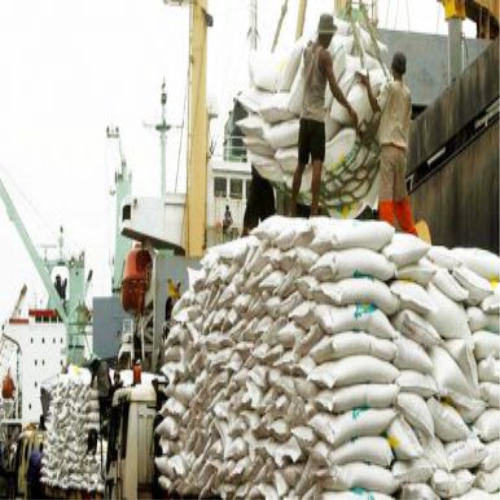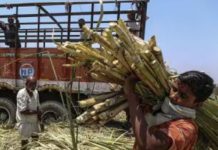The Department of Agriculture (DA) announced that a temporary ban on sugar imports will be implemented until mid-2026 to help stabilize the local sugar market.
In a statement released on Wednesday, October 15, the DA confirmed that the government will not allow sugar imports until the current milling season ends, which is expected to be around May or June 2026, reported Philstar Global.
Agriculture Secretary Francisco Tiu-Laurel Jr., Sugar Regulatory Administration (SRA) Administrator Paul Azcona, and SRA Board Member and Farmers’ Representative Dave Sanson were all involved in the decision, the department stated.
The move follows concerns over the unusually low prices of raw sugar, which were observed during the first sugar auction in Negros on October 9. While weekly sugar auctions are standard during the roughly 38-week harvest season, the DA noted that market hesitation among traders was apparent.
“Let’s be clear—there has never been any discussion about an importation program for Crop Year 2025-2026 until we complete significant milling, obtain reliable production figures, and ensure that any imports would only be designated as C or reserve sugar,” Azcona and Laurel emphasized, according to the DA’s statement.
The officials also decided to maintain a two-month buffer stock of refined sugar at all times.
The DA added that any potential sugar imports will be strictly categorized as reserve sugar and will not be allowed to enter the domestic market directly, thus protecting local prices.
“This decision guarantees that the current administration is prioritizing the welfare of our farmers. It’s a positive development, and we hope it will stabilize prices now that speculation has been addressed,” said Sanson in the statement.
Since 2022, the total area planted with sugarcane has seen substantial growth, increasing from 380,000 hectares to 409,000 hectares this year.

















